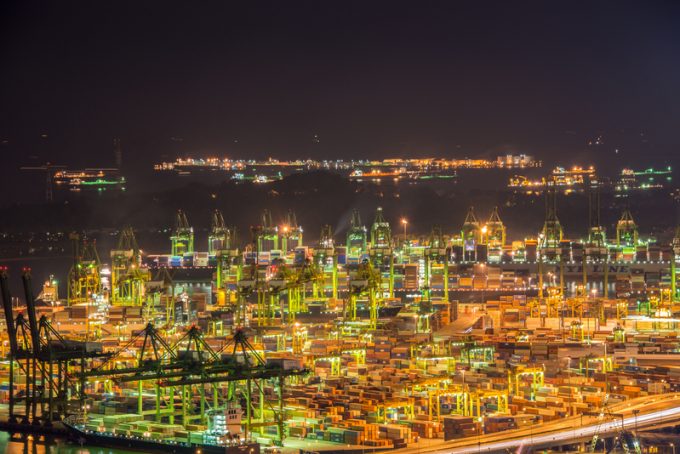With almost all box ships arriving late, Singapore acts to reduce time in port
Singapore’s transport minister said in parliament yesterday that the Maritime and Port Authority of Singapore ...

Singapore is looking to enhance intermodal connectivity following a slight dip in container volumes last year.
Terminal operator PSA International reported 36.6m teu throughput at the port, down 0.9% year on year, but in comparison, the group’s international volumes rose 3.7%, to 50m teu.
Tan Chong Meng, ...

Comment on this article